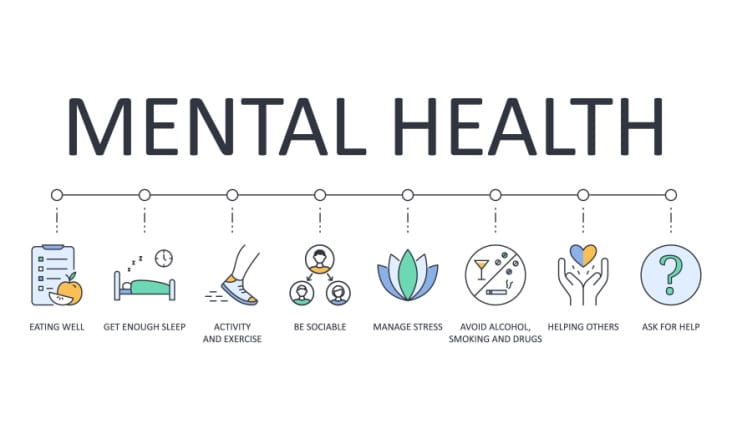Recovery colleges help support the global population’s mental health, new study finds: For the first time ever, results from a global survey – spanning 28 countries – reveal how many recovery colleges exist internationally, how they work and how they are supporting people with mental health issues around the world.
The results, published today (September 19, 2023) in The Lancet Psychiatry, identified 221 recovery colleges in 28 countries across five continents, providing evidence that recovery colleges are popular and widely used. The results also help researchers to understand organisational and student characteristics, fidelity, and budget.
The survey, which forms part of the RECOLLECT study, was funded by National Institute for Health and Care Research and is a collaboration between the University of Nottingham, University of Manchester, and King’s College London.
Recovery colleges were developed in England to support the recovery of individuals who have mental health symptoms or mental illness.
They have now been established in many countries but there has been little international research on recovery colleges and no studies investigating their staffing, fidelity, or costs.
Recovery colleges are designed to support the recovery of people with mental health issues. They have two key features. First, they use an adult education approach to support personal growth, rather than offering clinical treatment. Secondly, they use ‘co-production’, involving people with personal experience of mental health issues alongside staff and professional experts working together to design and deliver courses.
Researchers found that recovery colleges in different parts of the world have strong similarities, such as their core values. They also discovered that some of the key elements of a recovery college were rated differently across countries. Researchers discovered that colleges in Asia, for example, had a different emphasis on coproduction, which may be due to cultural differences.
Spending on colleges varied very widely, but the colleges that took part in the survey spent a total of £25m providing 20,000 courses for 55,000 students.
Mike Slade, Professor of Mental Health Recovery and Social Inclusion, University of Nottingham, says: “The first recovery college opened in England only in 2010. Anecdotally we knew of colleges opening in other countries, but no research had captured the spread of this innovative approach to supporting mental health recovery.
“University of Nottingham, King’s College London and University of Manchester have been working together on a major study of recovery colleges, called RECOLLECT. As part of RECOLLECT, our global survey identified that in 2022 there were 221 Recovery Colleges in 28 countries.
“This rapid growth is very surprising and indicates that Recovery Colleges are providing support and opportunities not available in traditional mental health services. We anticipate they will become an increasingly important approach to supporting recovery across the world.
“RECOLLECT will continue to investigate the operating characteristics, outcomes and costs associated with the 88 Recovery Colleges in England, providing important new scientific evidence to maximise access to their benefits.”
Claire Henderson, Professor of Public Mental Health at King’s College London, added: “The rapid spread of recovery colleges to five continents so far highlights the need to understand how best they can support recovery in different contexts.
“There appears to be an international consensus on key operating principles, especially equality and a commitment to recovery, and most recovery colleges achieve moderate to high fidelity to the original model (England), irrespective of the income band of their country. Further research is needed to assess cultural differences in coproduction and approaches to individualising support.”
Further information about the Recovery College studies in RECOLLECT can be found here: www.researchintorecovery.com/recollect
- Gut microbiome could delay onset of type 1 diabetes - 3rd April 2025
- The da Vinci 5 Robot Is Set To Transform Bariatric Care: - 31st March 2025
- Beyond money: the hidden drivers fuelling child food insecurity - 31st March 2025






